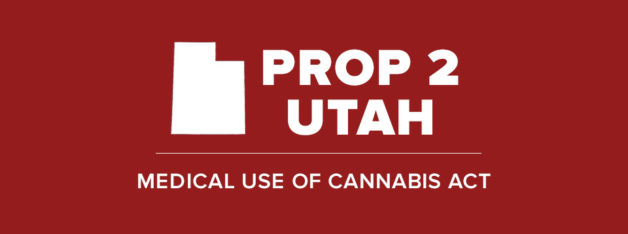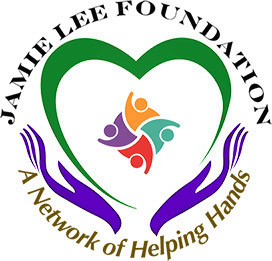
Does Thursday’s (10/4/2018) Utah Prop 2 compromise on its citizen initiative to legalize Medical Marijuana provide the medical relief that its proponents were seeking? Does the compromise address the risks the opponents were expounding? Provided below are 4 key points to consider. We will provide follow-up articles around each point in the future.
- Gov. Herbert announced, “Under this plan, marijuana will be distributed to patients by well-trained, physicians and pharmacists who are qualified to do that very thing,” Really?! So people trained by Big Pharma to dispense drugs and who have opposed Cannabis are now considered the best to be trained to properly AND effectively dispense what they oppose? If that is the case, why don’t we have psychologists who are well versed (and trained) in philosophy, but opposed to religion as a “viable belief,” teach the spiritual aspects of religion? Also, a lot of the “training” for doctors dispensing drugs comes from the pharmaceutical companies who create them—the same companies who oppose cannabis because it can’t be patented. Furthermore, according to Dr. Gotzsche “Our prescription drugs are the third leading cause of death after heart disease and cancer. Our drugs kill around 200,000 people in America every year, and half of these people die while they do what their doctors told them”—so much for existing training!
- Some of the discussion around Prop 2 has been how to meet the medical needs of patients without introducing extensive risk to children. I support that. However, requiring a background check for a medicinal product that has shown benefit, while allowing anyone with a drivers license to purchase alcohol (which has NO medicinal benefit) without a background check as to whether they have a DUI on their record seems to be a huge conflict. Drunk driving has long been a major cause of accidents on the road—again without any medicinal benefit to justify it. Additionally, we know that over 115 people die each day from opioid abuse (both legally and illegally obtained). Why don’t we require those prescribed opioids to submit to a background check to prove they don’t abuse prescription drugs and carry a card to pick up their prescription? If we consider the danger of Medical Marijuana so high (with no overdose deaths associated with it) why don’t we demand the same from alcohol and opioids? If the argument is that those needing opioids can’t function without something—why do we settle for what kills (opioids) over what doesn’t (Marijuana)?
- Doctors are highly incented to dispense drugs produced by Big Pharma to treat almost all, if not all, “qualifying conditions” listed under the Utah Prop 2 compromise. Some qualifying conditions are not even mentioned by name: 1) “Rare conditions, under certain conditions” (what does that even mean?) 2) “Pain lasting longer than two weeks, under certain conditions” (huh?) 3) Condition the Compassionate Use Board approves, on a case-by-case basis.” Consistency (or lack thereof) is an excellent indicator of intent. Opponents of prop 2 complained about the dangers of its vagueness in the language. Consistency in that opposition requires that “fuzziness” about covered treatments be avoided. Defining coverage as “rare conditions, under certain conditions” introduces more ambiguity than ever presented in Prop 2. I for one believe that the “certain conditions” are in danger of being interpreted by the prescribing doctor according to his/her bias—including whether he/she can make money prescribing a pharmaceutical. This does not protect those who vehemently oppose the side effects of pharmaceuticals and prefer the results of cannabis if the doctor disagrees that their “condition” qualifies.
- The opponents of cannabis frequently cite the need for more testing to protect patients. I wholly endorse this. I won’t even take vitamin and mineral supplements based on anecdotal evidence! Nothing in the Utah Prop 2 compromise addresses this concern. Quite frankly, no proper testing will be possible until the FDA and DEA reschedule Marijuana from being a schedule 1 narcotic. Schedule 1 is defined as having NO (zero, zilch, nada) medicinal value. Testing is not a state issue, but states are the only ones with a chance to force federal authorities to take the proper steps in rescheduling. Compromises that reduce the need for testing cannot help compel the rescheduling needed for proper testing that will increase the efficacy of Medical Marijuana—something all medical cannabis proponents want.
The dictionary defines compromise as “bring into disrepute or danger by indiscreet, foolish, or reckless behavior” and as “the acceptance of standards that are lower than is desirable.” The Utah Prop 2 compromise appears to match this definition—with a heavy bias against patients.



